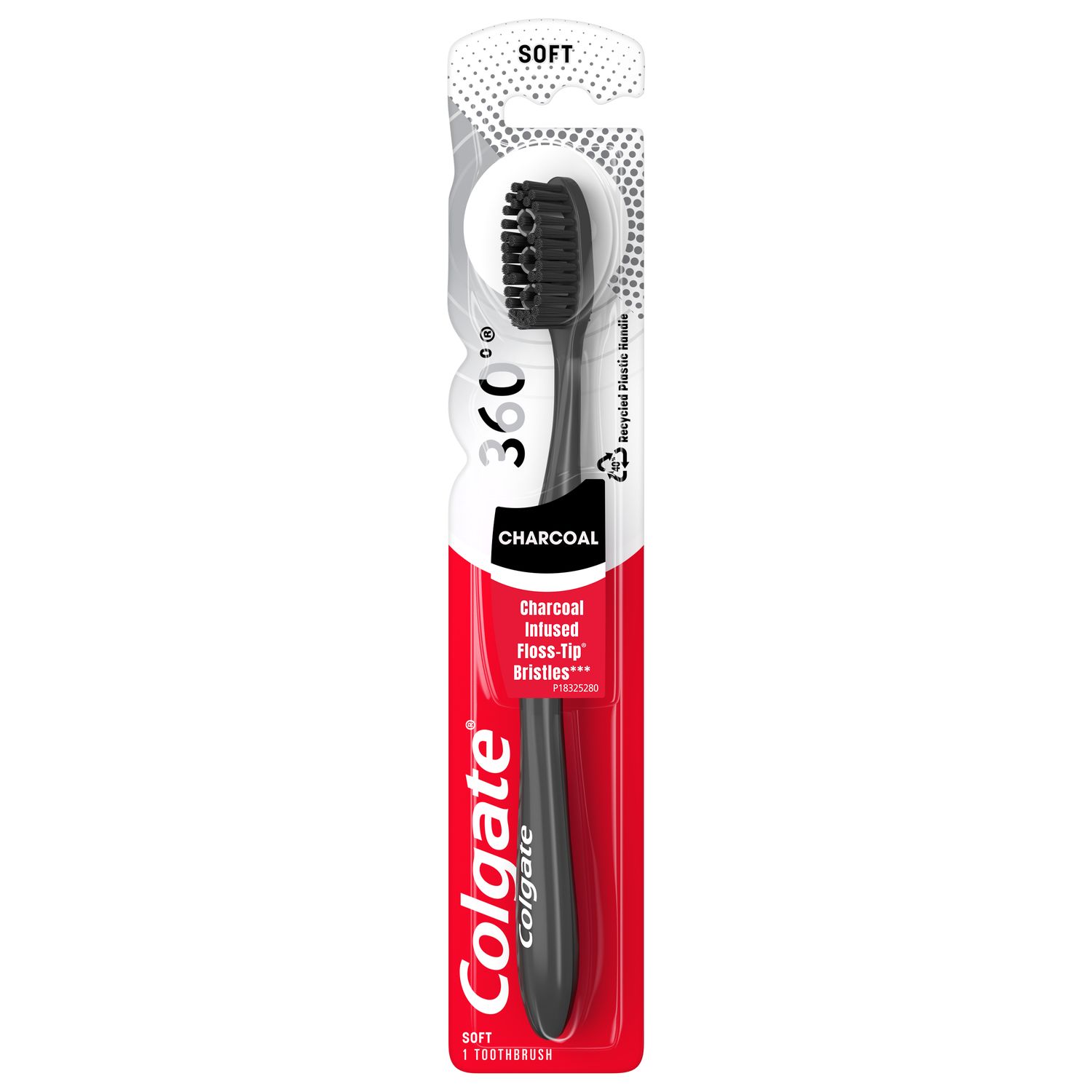What Is Streptococci?
You can find bacteria belonging to the genus Streptococcus in almost every part of the human body. Still, streptococci dominate the oral cavity and are the primary genus found in saliva and the mouth's soft tissues. Even more, streptococci play a critical role in the development of the oral microbiome. These bacteria are the first organisms detected in newborns' mouths and are considered the primary colonizers, allowing other bacteria species to assemble.
The Role of Streptococci in Plaque Formation
Streptococcus species (or streptococci) play a role in plaque formation. They bind directly to the tooth's surface, creating a base layer of plaque. With a steady diet of carbohydrates and poor oral hygiene, this plaque becomes acidic, damaging your enamel and creating cavities.
Typically, your saliva can help neutralize acids and repair enamel damaged through remineralization. But bacteria can use sugar from your diet to form a thick, dense layer of plaque that prevents your saliva from penetrating the biofilm and removing the dangerous acids. The resulting acidic environment attracts bacteria like Streptococcus mutans and other acid-producing microorganisms that have been linked to the development of cavities. With no treatment, these oral streptococci can lead to tooth decay and loss.
Can Streptococci Cause Diseases?
Many streptococci species live in humans without causing symptoms; however, some can lead to infections that vary in severity — from a sinus infection to pneumonia. Specifically, infections caused by Streptococcus mutans become serious when the bacteria enter other parts of the body. If the bacteria enter the bloodstream, they can cause bacteremia in addition to endocarditis, a serious infection in the heart's lining. This heart infection can be fatal and often requires hospitalization and intravenous antibiotics treatment. Patients with compromised immune systems or who already suffer from heart valve problems are especially vulnerable.
How To Prevent Health Issues From Mutans Streptococci
Preventing oral and health issues caused by streptococci and other bacteria starts with a great oral hygiene routine. Healthy habits include:
- Brushing twice daily with a fluoride toothpaste
- Cleaning between teeth daily with floss or another interdental device
- Eating a healthy diet low in sugar and carbohydrates
- Regularly visiting your dentist and dental hygienist for exams and treatment
Everyone has dental plaque with both beneficial and harmful microorganisms. They are part of the oral flora. But rest assured that with a strong oral hygiene routine, you can keep your smile healthy and happy.
This article is intended to promote understanding of and knowledge about general oral health topics. It is not intended to be a substitute for professional advice, diagnosis or treatment. Always seek the advice of your dentist or other qualified healthcare provider with any questions you may have regarding a medical condition or treatment.
ORAL HEALTH QUIZ
What's behind your smile?
Take our Oral Health assessment to get the most from your oral care routine
ORAL HEALTH QUIZ
What's behind your smile?
Take our Oral Health assessment to get the most from your oral care routine














